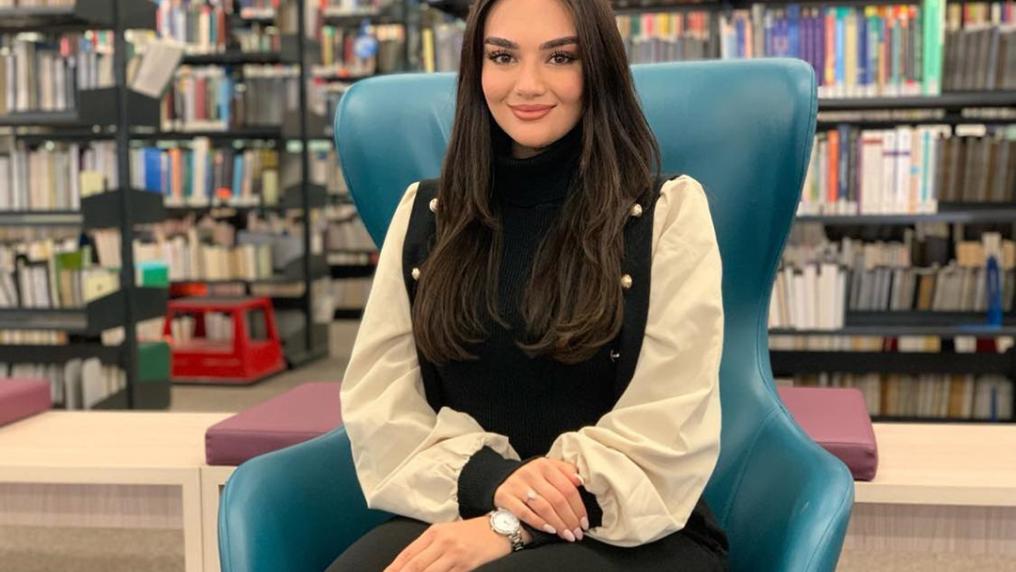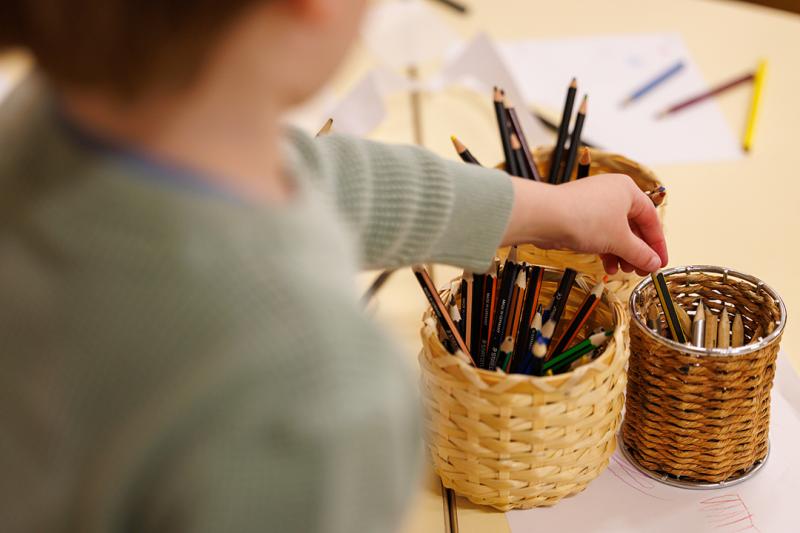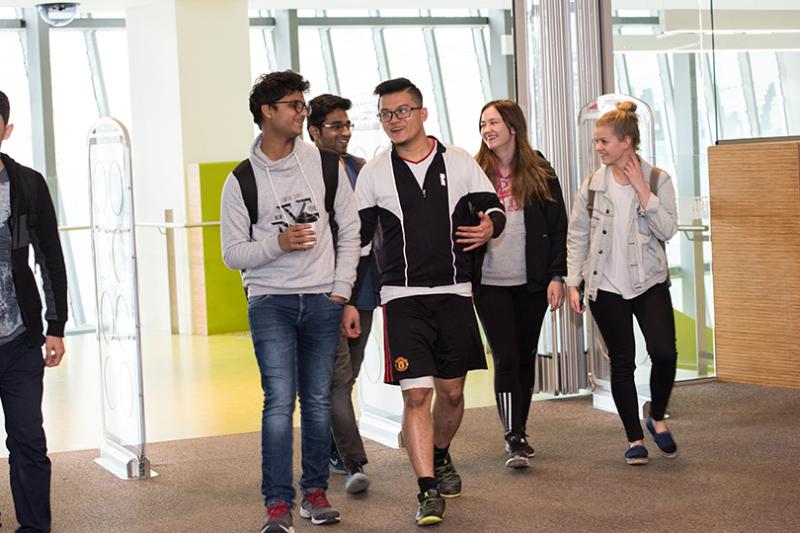VU student wins Victorian Refugee Award for leadership

A Victoria University student who fled war-torn Iraq nearly a decade ago was named young leader of the year in the Victorian Refugee Awards for her passionate support of fellow arrivals.
Athraa Yousif, 23, knew very little English when she arrived in Melbourne’s northern suburbs as a 14-year-old alongside her parents and younger brother. Her only Australian contact was an aunt she had never met.
After graduating with outstanding results from Hume Central Secondary College, Athraa studied community services before enrolling in a Bachelor of Psychological Studies at VU two years ago.
Her commitment to helping others began at age 15 when she became a St Vincent de Paul Society volunteer. She now helps other young refugees in a range of advocacy, support and peer mentoring roles at VU and at Penola Catholic College. Her fluency in Arabic, Assyrian, Chaldean and English is crucial to bridging communication gaps.
She also empowers trauma-affected people rebuild their lives as a community adviser with the Victorian Foundation for Survivors of Torture, and is a strong advocate for refugee mental health.
Settlement was hard for her own family
The Craigieburn resident said one of the hardest parts of coming to Australia was seeing the challenges and frustrations her parents faced without the benefit of English.
“My dad ran a taxi business and mum was a university tutor so we were a very well-established family in Iraq. But when they arrived in Australia, they found it difficult to communicate and lost their motivation to work.”
In the early years, Athraa often needed to interrupt her secondary school classes to act as a translator for her parents, helping them fit into their new country.
Athraa said she was "thrilled" to be recognised as a young leader.
"I have always just wanted to help others," she said.
Justine Warne, manager of VU Employ where Athraa works as a peer career advisor, nominated Athraa for the award.
Her everyday actions have a profound impact on the lives of those around her. She shows that it’s the small things – a listening ear, a kind word, a conversation in a familiar language – that can make the biggest difference.



